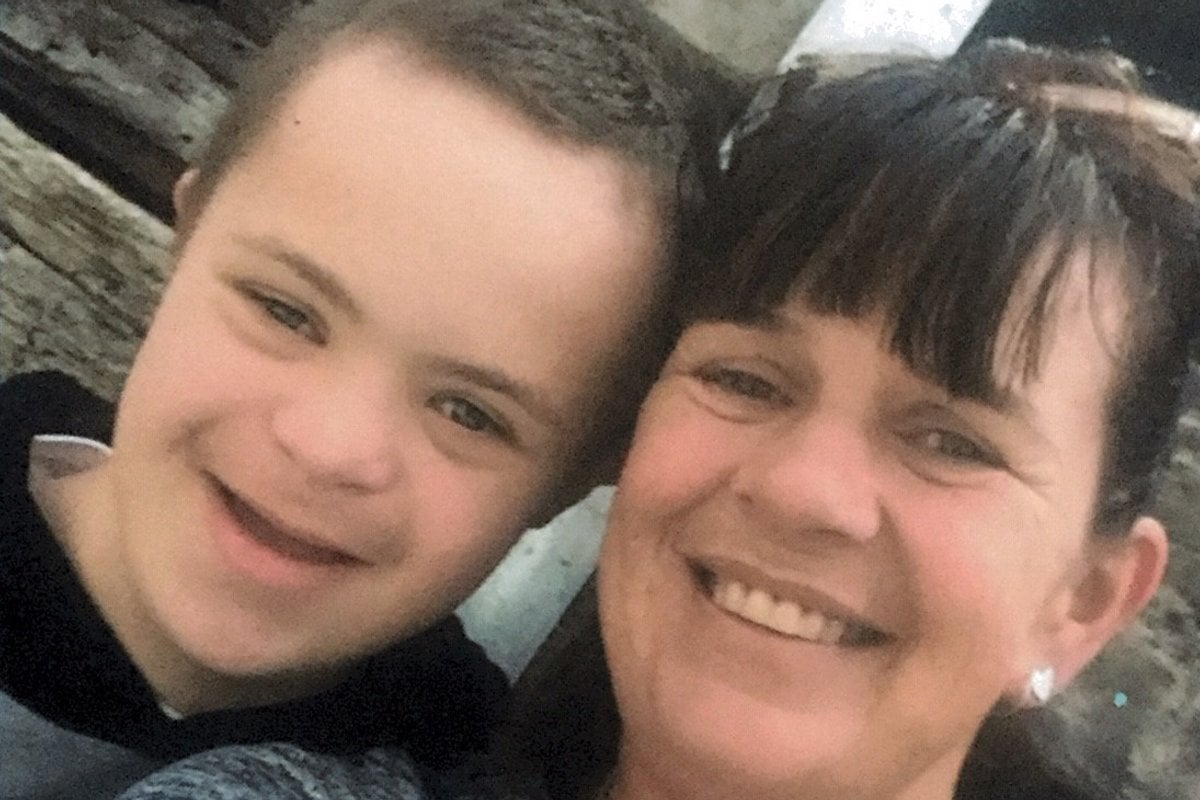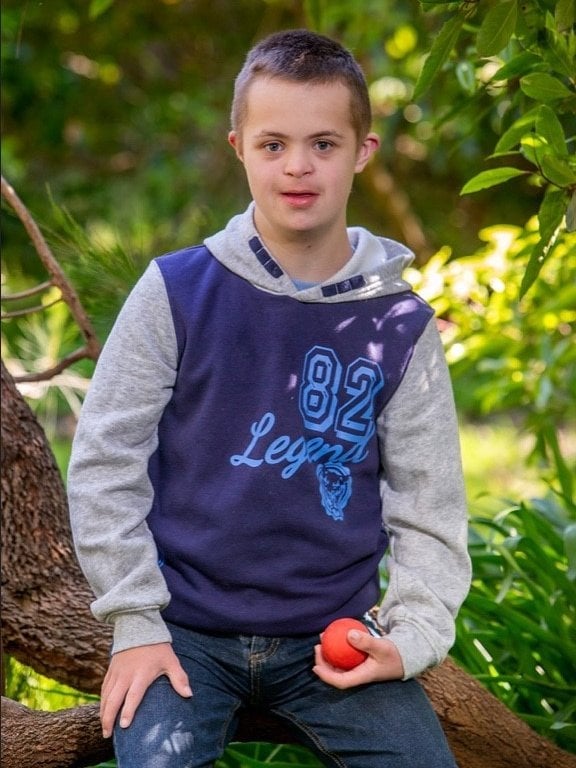
Having a baby is one of the most exciting things any couple can hope for.
So when you get a diagnosis that changes the direction you thought you were heading in, it can be quite difficult to deal with what you’ve just heard.
You have to change your mindset, because things aren’t going to be as you had originally planned. You work through it with family and friends, which helps you to get back on track, even though it’s a different path.
When we received the diagnosis of Down syndrome with our third child while I was pregnant, we were never, in our wildest dreams, ready for some of the remarks and comments that were coming our way.
Watch: Vanessa Cranefield on parenting a child with a disability. Post continues below.
I was lucky because I had made a great friend in Tina two years before I became pregnant with our last child.
She has a daughter, Amy, with Down syndrome. I used to ask Tina many questions as we stood waiting for our older kids to get out of school and I loved watching Amy playing in the school ground. She played just like the other kids.
So, when we received the diagnosis of Down syndrome, although we still experienced many emotions, we thought we were well prepared for anything. We asked friends who had children with Down syndrome questions and we researched.



Top Comments